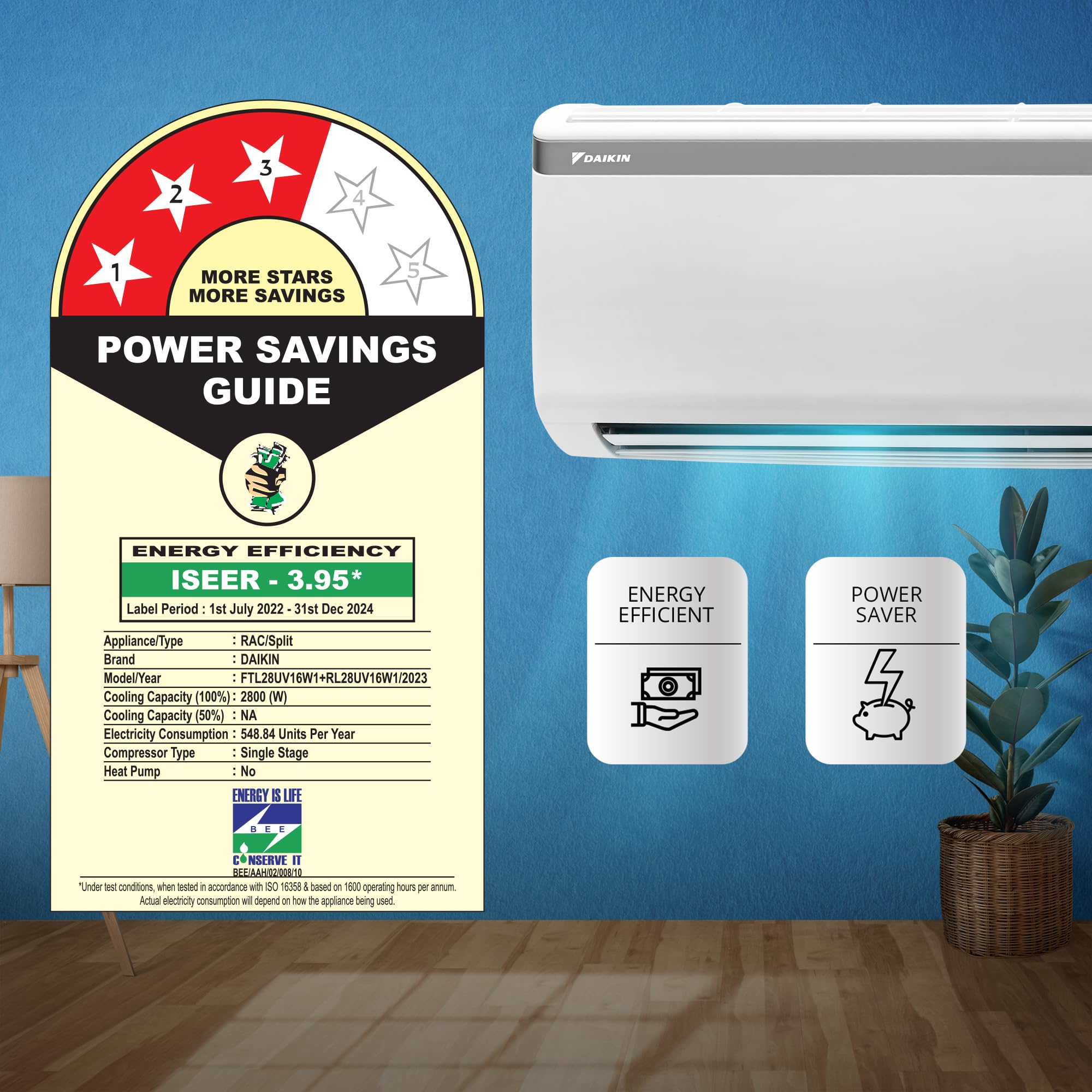
An air conditioner is a high-valued home appliance, and it should be maintained in an excellent way to keep it in working condition for years. But, similar to other electrical units that work heavily, an air conditioner also faces different types of wear and tear that affect its performance. In the case of an underlying issue, an air conditioner some signs of the same in one or more ways. Among them, water leakage is one of the common symptoms. In this post, we will look at the possible causes of water leakage in an air conditioner.
1. Clogged condensate drain
The primary task of a condensate drain in an AC is to take away pooled water from the air conditioner unit. However, over time, it accumulates dust, dirt, rust, debris and algae which results into blockage and accumulation of water inside the unit. This tends to cause overflow of water and water leakage from the AC, eventually leading to water-related damage and functional issues.
2. Broken condensate pump
In the case of a broken condensate pump, your air conditioner won’t be able to carry away the additional amount of water from the condenser tray. As a result, the pan faces excessive pooling of water leading to water leakage and overflow. A broken pump also affects the drainage procedure, causing water accumulation and unhindered water leakage or overflow.
3. Dirty air filters
Another reason behind water leakage in your 5-star split AC may be clogged air filters. The biggest downside of blocked air filter is obstructed flow of air which further affects the ventilation for the evaporator coils. As a result, these coils get too much cold and then freeze. During the meltdown of ice, the moisture goes down, filling up the drip tray causing water overflow and leakage.
4. Frozen evaporator coils
The AC evaporator coil tends to get frozen because of several things. One typical reason behind this is obstructed airflow, which is the resultants of dirty air filters are dirty or blocked air vents. If there is improper airflow over the evaporator coils, they become unreasonably cold and causes resulting into condensation to freeze on its surface. Low refrigerant levels or a defective expansion valve can also cause a disparity in the cooling procedure, making the evaporator coil to freeze. If your AC has been showing signs of water leakage due to a frozen evaporator coil, it may be due to the melting of ice from the drip pan.
5. Disconnected drainpipe
One common reason behind water leakage in your air conditioner is disconnected drain pipe. Sometimes, the drain pipe loose over a period of time. Since its job is to pave way for the excess water to pass to the drainage, its malfunctioning obstructs this flow of water resulting into water leakage. In the case of disconnected drain pipe, the condensation process gets hampered leading to water leakage.
6. Improper AC installation
Refrigerant tends to leak out of improperly installed systems due to lose fittings, inadequate sealing, or loosely connected refrigerant lines. As a result, the air conditioning unit might not operate as well, which could cause condensation to build up and drainage problems that would cause water to seep from the unit. Installing the AC system correctly is essential to ensuring that it works well and doesn't leak.
7. Dirty coils
Dirty evaporators coils tend to become a cause for water leakage in a 1.5 Ton 3 Star Split AC. This is because it restricts their power to enable water to go down to the drain tray. Rather, water will accumulate on the debris wedged to the filthy coils and lead to water overflowing. If you remove the dirt from the evaporator coils, the accumulate water will go down easily into the drain pan as it goes usually.
The Conclusion
Though a little bit of condensation is quite normal in all types of air conditioners, any abrupt leakage of water from an air conditioner may indicate an underlying issue with the unit.

